Aveng releases the Trident Steel disposal circular
This disposal is part of a strategic review process that began in 2018
Aveng is a construction group that once spawned a legion of devoted retail traders and investors who called themselves the Avengers, such was their belief in the story. If that isn’t a sign of the frothiness that was found in the market last year, I don’t know what is.
Underneath all this is a serious company, one that is now selling off the Trident Steel business. The proceeds of this transaction (if shareholders give the green light) will settle all of Aveng’s legacy debt in full, putting the company in a net cash position (rather than a net debt position).
Including this amount, the proceeds from non-core asset disposals since 2018 add up to R1.8 billion (net of transaction costs).
The value of the net assets of Trident Steel is R413 million and the profit after tax in the last financial year was R93 million. The purchase price is just under R691 million.
The buyer is a special purpose vehicle backed by private equity investors and the management of Trident Steel. For a period of one year, Aveng will help facilitate B-BBEE empowerment in the new entity through a 30% stake that is subject to call option structures.
If you are interested in learning more about how these corporate finance deals work and what the paperwork looks like, you’ll find the full circular at this link.
Industrials REIT: income up and valuations down
Welcome to the world of property valuations, where “cap rates” matter
The process to value a property is similar to valuing a company, actually. It all comes down to cash flows and a required rate of return.
Property is arguably a lot simpler, as there are contractual cash flows under a lease agreement and the costs of maintenance etc. can be reliably estimated.
Judgement is needed in identifying the correct cap rate, which is the rate applied to those cash flows to work out the value of the property. The cap rate is a bit like the return that a shareholder would want based on that property, so you work backwards from the income and the required return to get to the value.
Properties are extremely sensitive to cap rates, which is how Industrials REIT management to grow its income and suffer a valuation decrease at the same time during the six months to September.
With the company’s Industrials Hive leasing platform working well, there have been eight consecutive quarters of over 20% in average growth in rent at lease renewal or new letting. For the portfolio as a whole, like-for-like annual passing rent was 4% and occupancy reduced marginally from 93.6% to 93.8%.
The interim dividend is up 3.7%.
Despite the positive movement in these metrics, the portfolio value decreased 4.3% and the net tangible assets decreased by 7.4% on a per-share basis.
The loan-to-value is only 26.5% (low for a REIT) and there is no refinancing required until 2025.
In combining all these metrics, the accounting return for the six-month period was -5.4%.
The share price is quite illiquid, so a 13% move on Friday may not be a reliable indicator of the market’s response to this news. After that jump, the share price is down 27.5% this year.
MTN quantifies the loss of subscribers in Ghana
Regulators have pulled the plug on subscribers who didn’t complete a registration process
We’ve seen this before: regulators prescribe a SIM registration process and subscribers don’t comply. Eventually, the regulator issues a directive to terminate services to those who haven’t registered. The latest example is in Ghana, where customers were required to link a card (stage 1) and then capture biometric data (stage 2).
Fingerprints are apparently hard to come by, with a decent chunk of subscribers who decided that stage 2 was too much hard work. An “emergency services only” status on the cellphone screen might provide some much-needed encouragement to get the admin sorted.
MTN Ghana had 22.1 million subscribers that completed stage 1, of which 16.4 million completed stage 2. This means that 5.7 million subscribers were cut off this weekend.
The affected subscriber base sounds huge but presumably these customers aren’t terribly active, which is why they didn’t bother to register in the first place. Despite the large percentage of the subscriber base in terms of subscriber numbers, the affected subscribers only represent 3% – 4% of MTN Ghana service revenue and less than 1% of MTN Group service revenue.
The MTN share price is down by 2% in the past week or so.
Just when we got excited about a new listing…
The listing of Premier has been pulled from the market
Sad news: FMCG group Premier is no longer going to be separately listed on the JSE. After such a long process to prepare the business for listing and all the costs incurred along the way, Brait has blamed the current situation in South African capital markets for the cancellation of the listing.
Brait said that the listing received a “significant amount of investor interest and support,” which makes it sound like it would’ve gone ahead were it not for the huge uncertainty around President Ramaphosa and the impact that this has had on consumer confidence. Brait points the event of the “last 48 hours” and how they were not supportive of a successful IPO.
Here’s the most interesting thing: Brait will still unlock R3.5 billion through the sale of shares in Premier to underwriters Titan and RMB. Despite this, Brait’s share price fell 7.4% on this news.
A Tiger’s tail of two halves
Margin initiatives in the second half were highly effective
Tiger Brands had a horrible start to the year, with a lag in recovering cost inflation and a significant impact on profitability. Supply chain issues certainly didn’t help.
My bearish view on the company turned out to be spectacularly incorrect. In the second half of the year, Tiger made huge leaps in recovering margin and executing other important initiatives to restore profitability.
Full year revenue from continuing operations was 10% higher, with price inflation of 11% and a volume decline of 1%. The Exports and International segments achieved margin growth that was offset by challenges in the local business.
Excluding the impact of the civil unrest and a product recall, gross margin was maintained at 30.3%. That’s a big result after gross margin in the first half of the year was down at 29.2%. It may not sound like much of a difference, but over 100 basis points is a substantial change in margin.
Operating income increased by 53% to R3.4 billion, which includes insurance proceeds of R218 million linked to last year’s product recall and R166 million of civil unrest. Those costs were R647 million and R85 million last year respectively, so you can see the extent of a swing when these unusual costs were in the base and once-off income sits in the current result. Excluding these impacts in both periods reveals an increase in operating income of 10% and an unchanged operating margin of 9.6%, which gives a much fairer reflection of performance.
Helped along by a R1.5 billion share buyback that reduced shares in issue by 1.9%, HEPS from continuing operations was 51% higher to 1,702 cents. With the product recall and civil unrest excluded, it would’ve increased by 11%. Again, this is the “right” view on performance.
A final dividend of 653 cents has been declared, taking the total dividend for the year to 973 cents. This is an 18% increase on the prior year.
After a rollercoaster year of note, the share price is up 5% this year. Over 6 months, it has jumped by nearly 33%!
Little Bites:
- Director dealings:
- Adrian Gore has sold a meaty number of Discovery shares, with three tranches for a total of R29.6 million
- Two directors of Telkom have collectively disposed of shares worth R993k
- The family trust of the CEO of Altron has bought shares worth R353k
- In what appears to have been a bad mistake, Richemont has corrected an announcement that was made in November about a director being granted shares worth over R32.6m when in fact the director had sold shares worth that value
- Des de Beer has bought another R342k worth of shares in Lighthouse and another director has mopped up R196.5k worth of shares in the company
- Value Capital Partners (which has board representation at ADvTECH) has bought shares in the company worth R6.8 million
- A non-executive director of Stefanutti Stocks has bought shares worth R254k
- An associate of the CEO of Spear REIT has bought shares worth R38.5k
- With much ongoing uncertainty about the future ownership of the company, Royal Bafokeng Platinum has been operating with an interim CFO. This contract has been extended to the end of June 2023, as there are now two offers in the market with Implats and Northam Platinum fighting over the company.
- There’s a significant director appointment at Sasol, with green energy expert Andreas Schierenbeck appointed to the board. The focus here is on decarbonisation opportunities through the green hydrogen value chain.
- Property development company Visual International Holdings has released results for the six months ended August. There was almost no revenue because of slower than expected approvals for projects. In that context, a loss for the period of R3 million isn’t surprising. This could be the most obscure company on the JSE, with a market cap of just R8 million!
- I take it back immediately – Sable Exploration and Mining with a market cap of R2.2 million could take that award. With no revenue being generated in this group either, the net loss of R2.4 million for the six months to August is higher than the market cap!




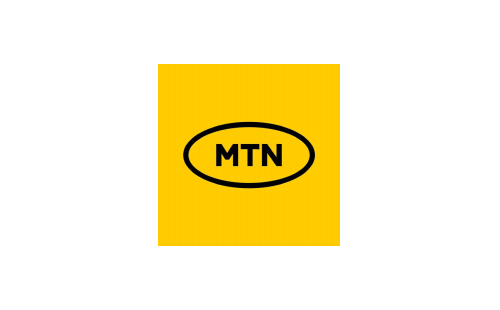


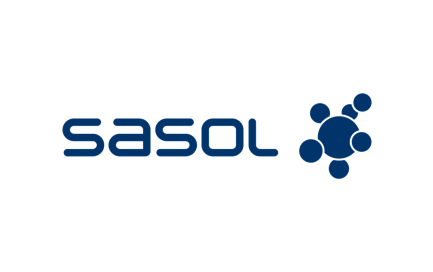
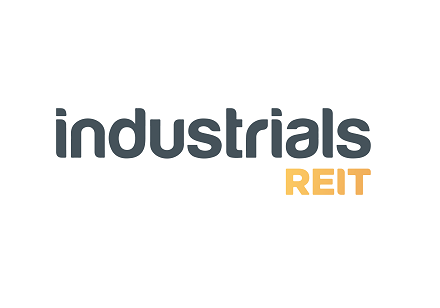
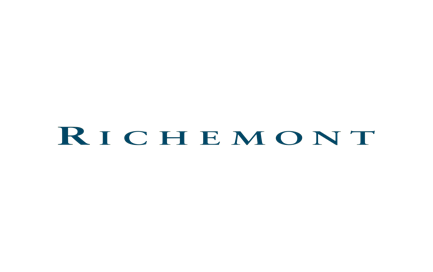
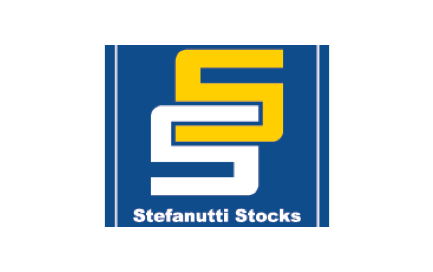
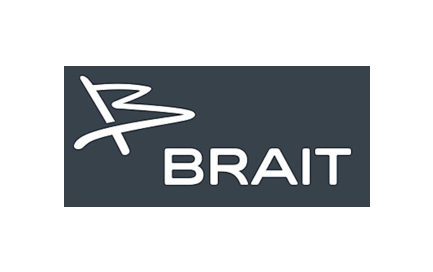
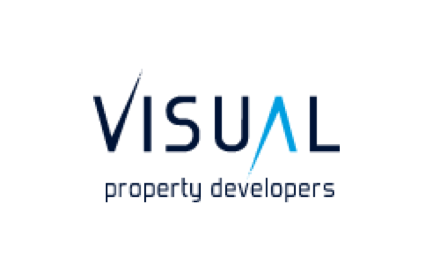
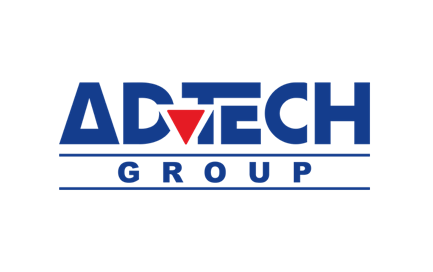
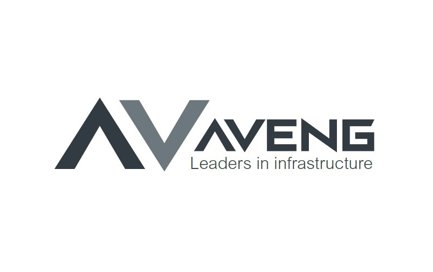
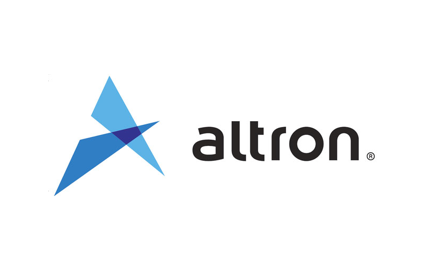
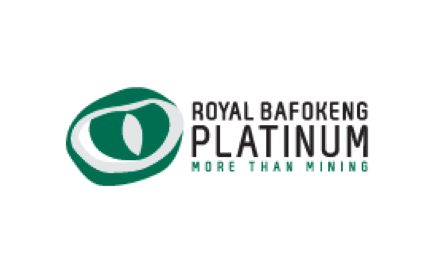

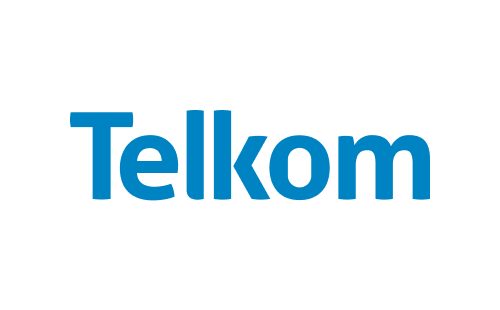
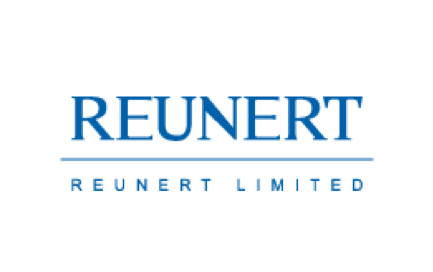
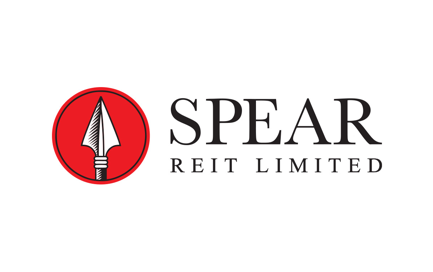


Need more information about ghost
It’s a state secret 😉